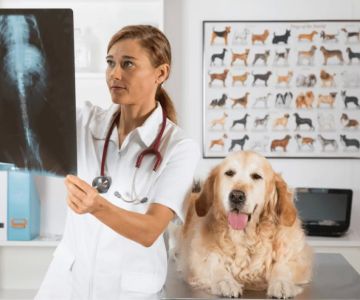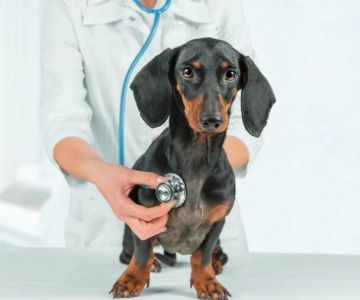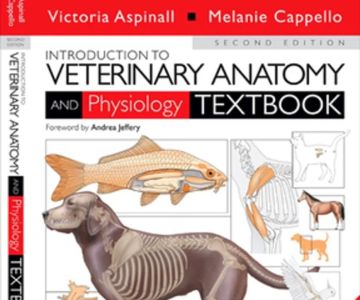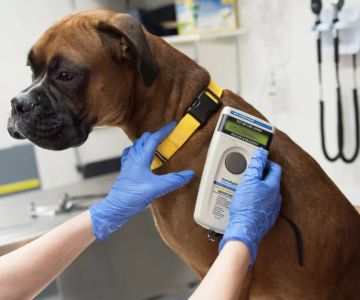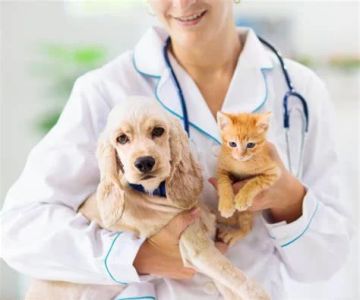- 1-Penn-State-Veterinary-School-Overview
- 2-Veterinary-Education-at-Penn-State
- 3-Penn-State-Affiliated-Veterinary-Programs
- 4-How-to-Apply-to-Veterinary-Programs-Associated-with-Penn-State
- 5-Unique-Opportunities-at-Penn-State-for-Veterinary-Students
- 6-Real-Student-Experiences-and-Success-Stories
1. Penn State Veterinary School Overview
A common question many prospective students ask is, does Penn State have a veterinary school? The straightforward answer is that Penn State University does not have its own standalone veterinary school offering the Doctor of Veterinary Medicine (DVM) degree. Unlike some universities that have fully accredited vet schools on campus, Penn State instead collaborates with other institutions to provide veterinary education opportunities.
Despite the absence of a dedicated veterinary school, Penn State supports aspiring veterinarians through related programs in animal science, pre-veterinary tracks, and research partnerships that prepare students for admission to veterinary schools elsewhere.
1.1 History and Context
Penn State’s College of Agricultural Sciences offers comprehensive animal science programs that focus on livestock management, animal health, and biological sciences — foundational fields that prepare students for veterinary school applications. Over the years, Penn State has built strong ties with veterinary schools, helping students transition smoothly to DVM programs.
2. Veterinary Education at Penn State
While Penn State does not award veterinary degrees, it offers a robust pre-veterinary program through its Department of Animal Science. This program is tailored for students planning to apply to veterinary schools nationwide.
The curriculum includes essential coursework in biology, chemistry, animal physiology, and hands-on experiences with animals, all of which are critical prerequisites for veterinary school admission.
2.1 Pre-Veterinary Advising and Support
Penn State provides dedicated advising to guide students through course selection, veterinary school application processes, and gaining relevant experience. This support system increases student competitiveness and preparedness for veterinary admissions.
3. Penn State Affiliated Veterinary Programs
Although Penn State lacks its own veterinary school, it maintains partnerships with leading veterinary institutions such as the University of Pennsylvania’s School of Veterinary Medicine and others within Pennsylvania and neighboring states.
These partnerships create pathways for students to pursue their DVM degrees, offering opportunities for joint research, internships, and clinical rotations that enhance their veterinary education experience.
3.1 Collaborative Research and Internship Programs
Students at Penn State can participate in veterinary research projects or internships affiliated with veterinary hospitals and clinics, gaining invaluable real-world experience before completing their veterinary degrees.
4. How to Apply to Veterinary Programs Associated with Penn State
Students interested in becoming veterinarians typically begin their journey at Penn State by enrolling in pre-veterinary studies. They focus on fulfilling prerequisite courses and gaining animal care experience.
Once prepared, students can apply to veterinary schools through the Veterinary Medical College Application Service (VMCAS), often listing their Penn State academic background as a strong foundation.
4.1 Application Tips and Requirements
Success in veterinary school admissions requires a strong GPA, veterinary and animal experience, recommendation letters, and sometimes standardized tests. Penn State’s pre-veterinary advising team helps students develop competitive applications aligned with these criteria.
5. Unique Opportunities at Penn State for Veterinary Students
Penn State offers several unique programs that enrich the educational experience of aspiring veterinarians. These include animal science clubs, research symposiums, and access to Penn State’s animal hospitals for volunteering and shadowing veterinarians.
Students often highlight the university’s community atmosphere and the support network available, which nurtures both academic and personal growth in preparation for veterinary careers.
5.1 Success Stories
Many Penn State alumni have successfully matriculated into top veterinary schools and gone on to rewarding careers in veterinary medicine, illustrating the effectiveness of Penn State’s preparatory programs.
6. Real Student Experiences and Success Stories
Emily, a Penn State graduate, shared, “Though Penn State doesn’t have a vet school, the pre-vet program gave me all the tools I needed—from courses to hands-on experience—to get accepted to a top veterinary school. The advising team was incredible.”
Stories like Emily’s demonstrate that while Penn State doesn’t offer a direct DVM degree, its supportive environment and strong foundational programs empower students to succeed in veterinary medicine.
Taking the Next Step
If you are asking, “does Penn State have a veterinary school,” remember that the answer involves exploring how the university’s pre-vet and animal science programs can serve as a strong springboard toward a veterinary career. For those seeking quality veterinary education, combining Penn State’s offerings with strategic applications to accredited veterinary schools is a smart path.
For students or pet owners looking to deepen their knowledge or find veterinary-related products and services, platforms like Scent Snob provide excellent resources and recommendations tailored to animal care and wellness.



